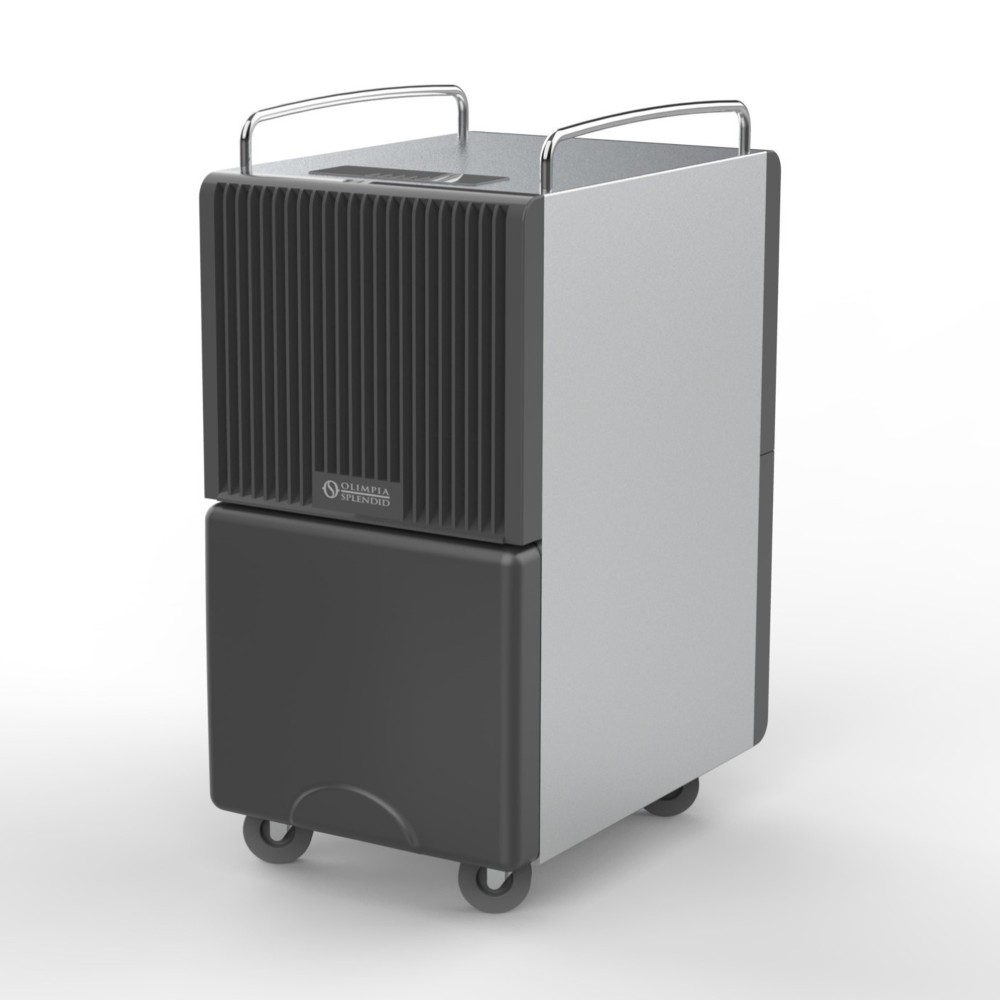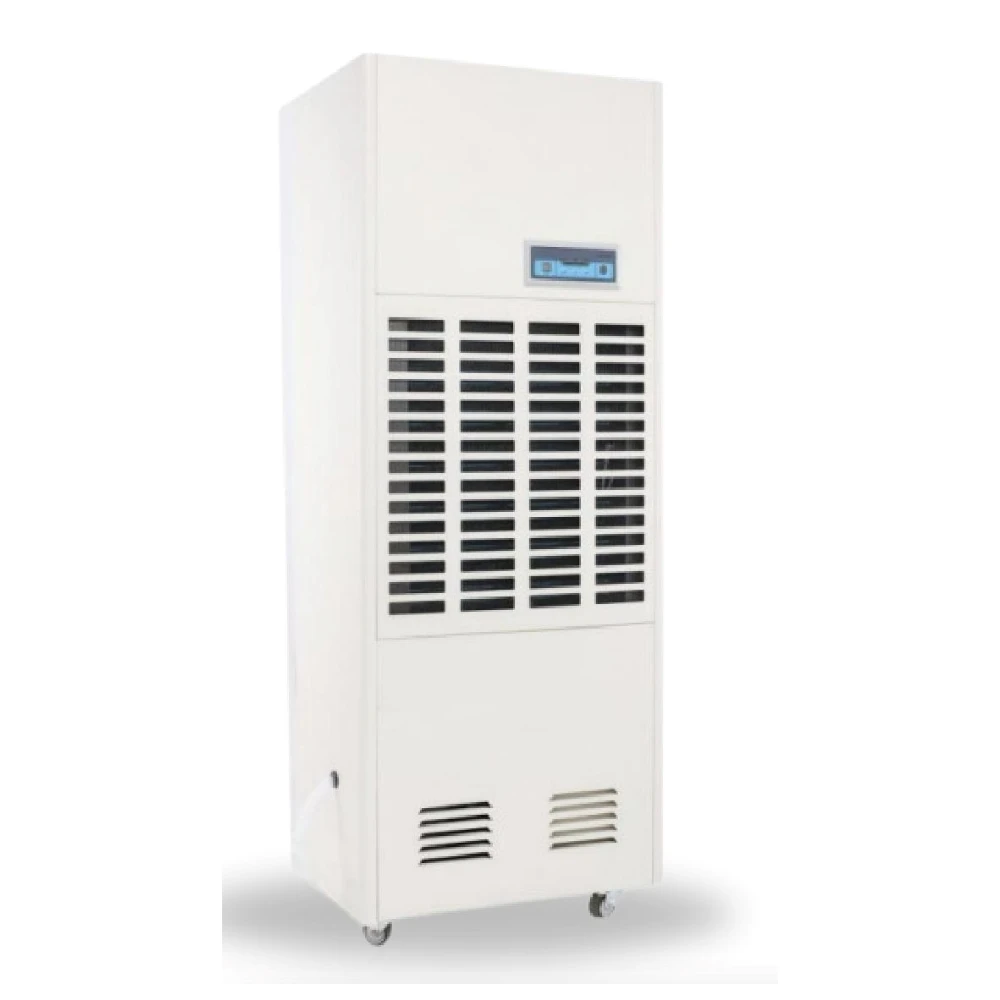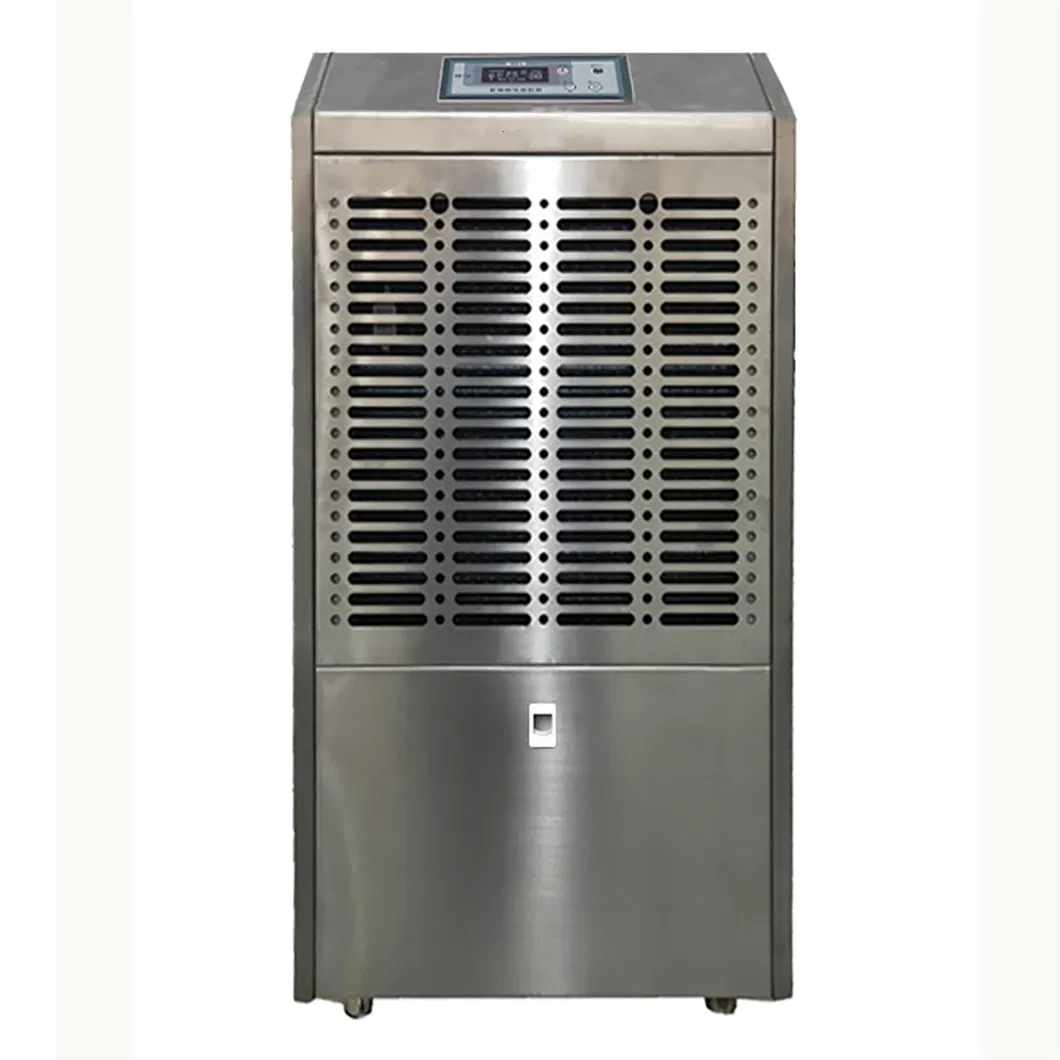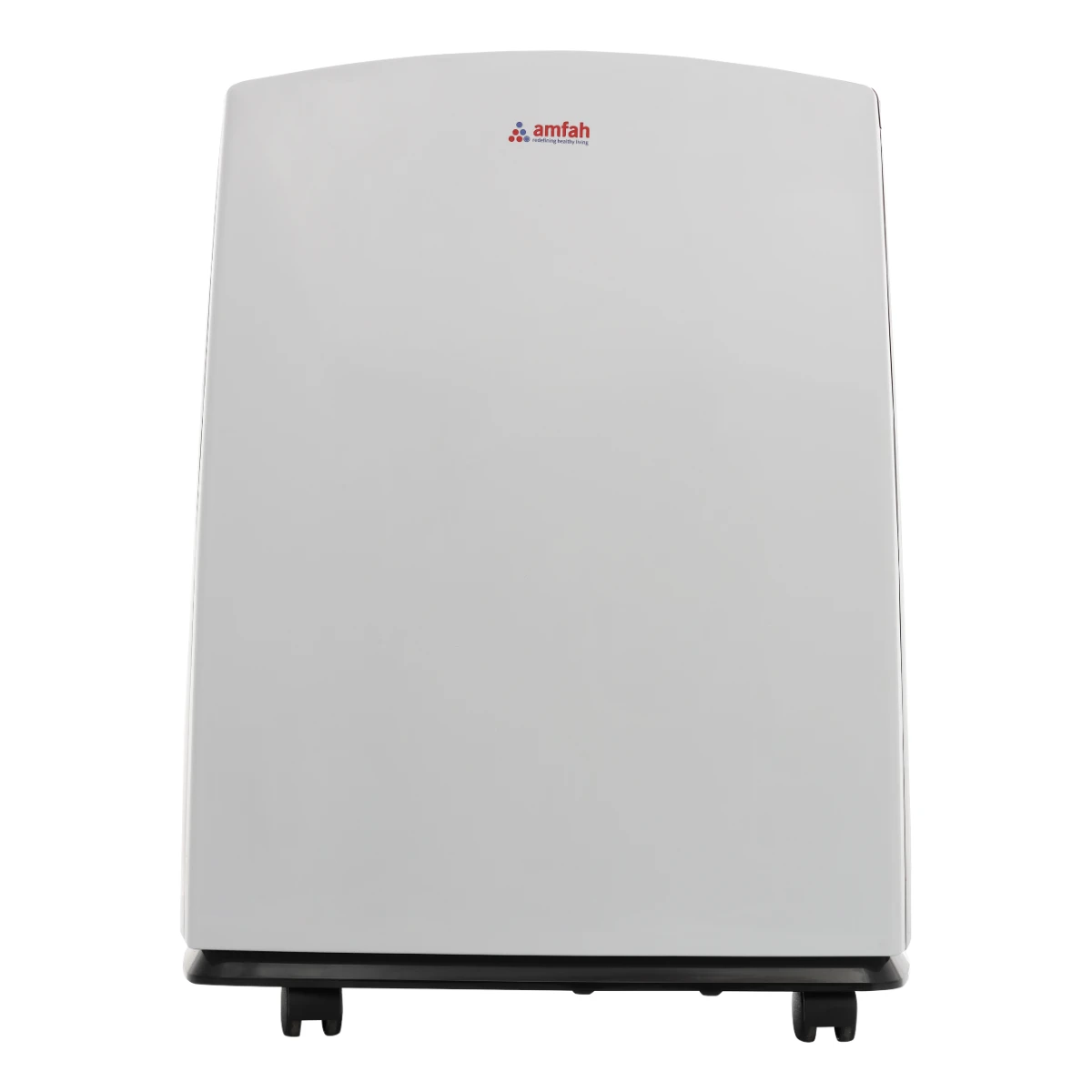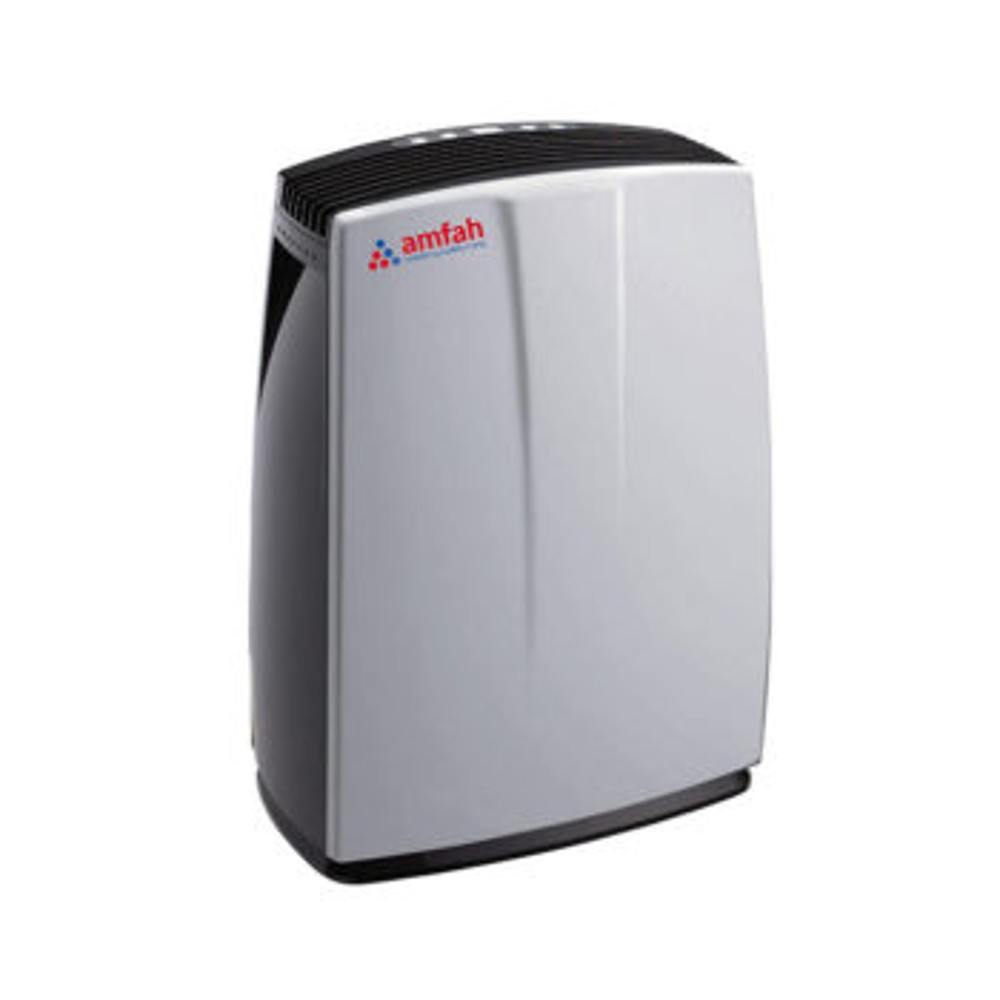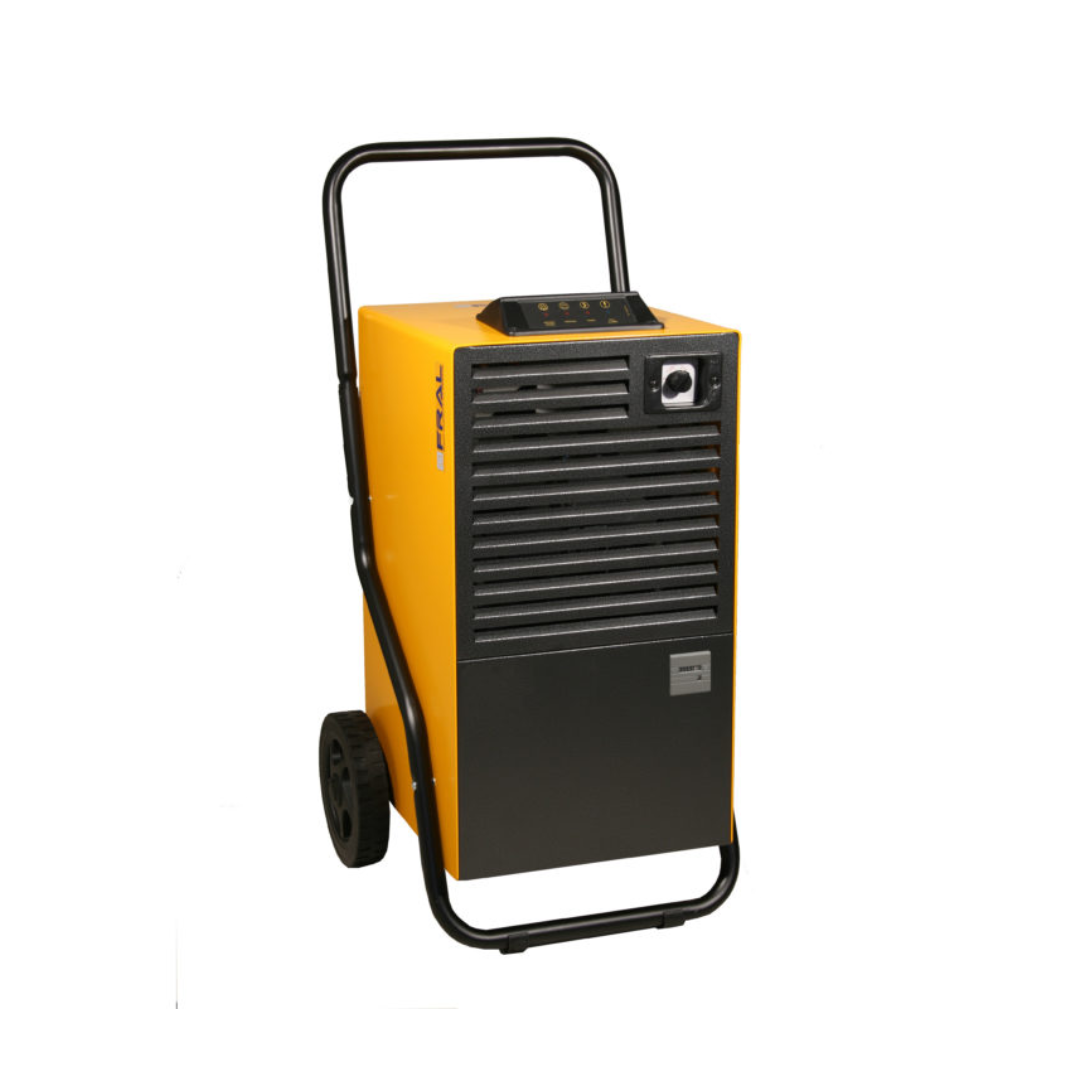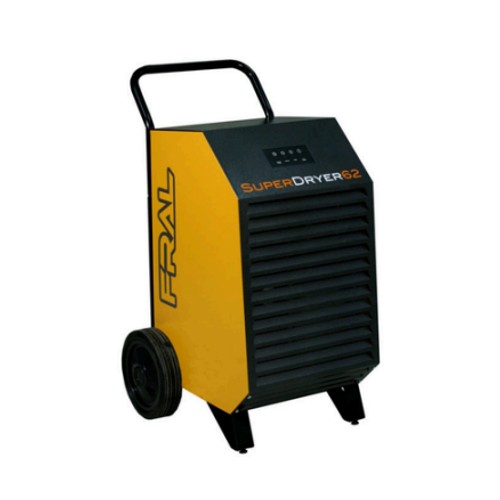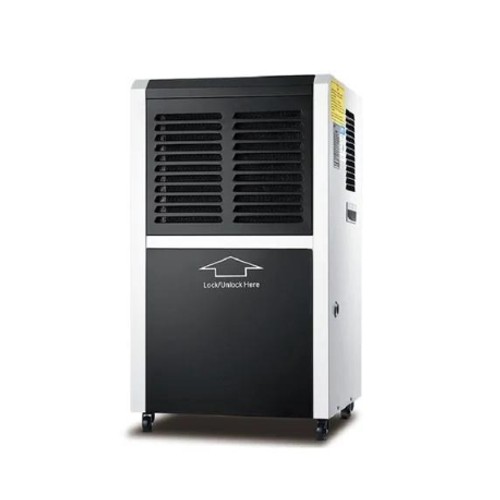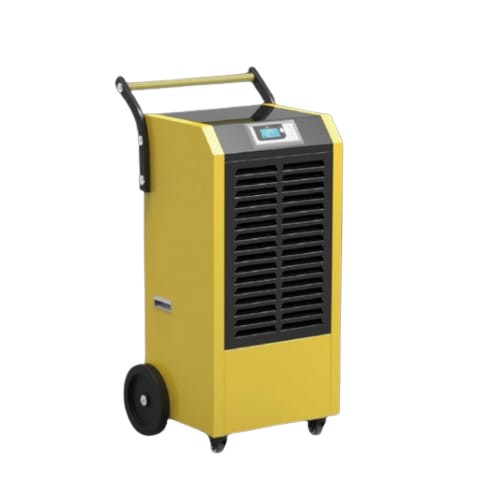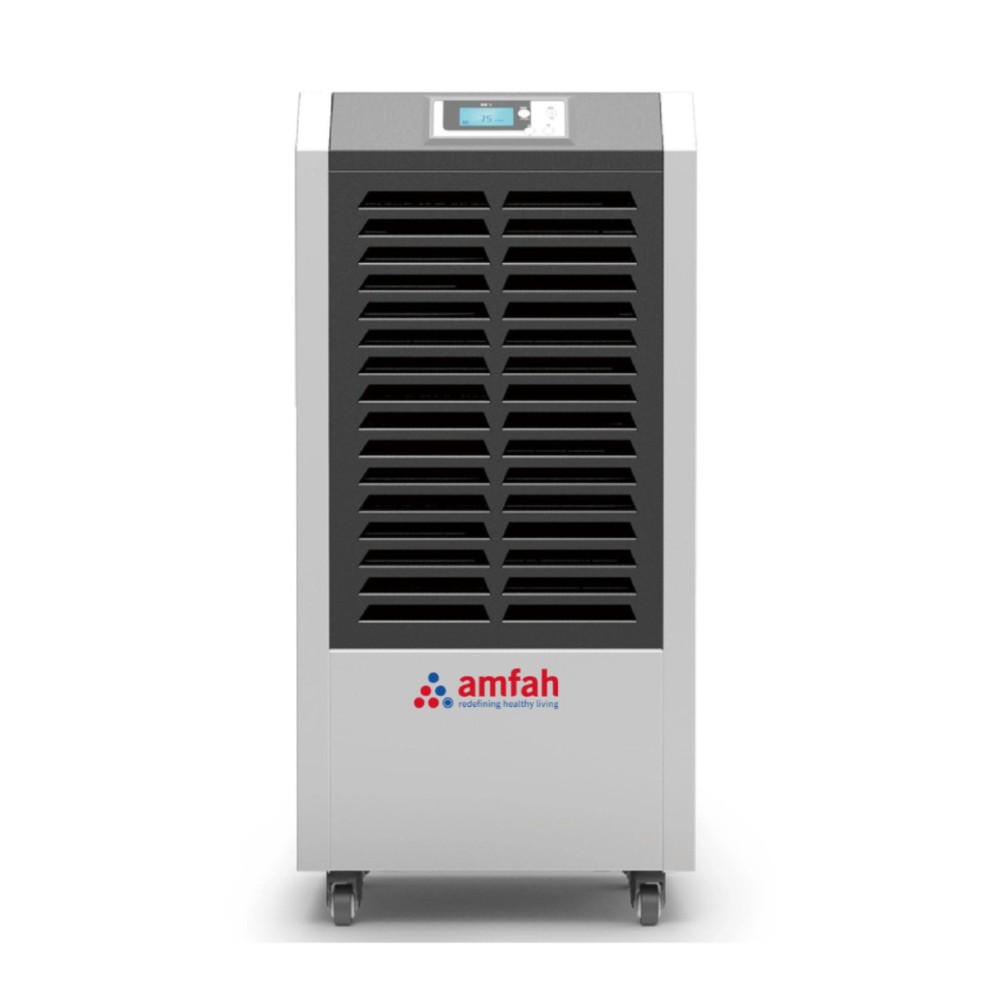Industrial Range (Italy)
Economy Range (Taiwan)
Premium Range (Italy)
Economy Range (Taiwan)
Maintaining optimal indoor air quality (IAQ) is crucial in healthcare settings, where vulnerable populations are treated and cared for. Dehumidifiers play a vital role in creating a safe and healthy environment in hospitals, clinics, and other healthcare facilities. Here’s how they contribute to better health outcomes.Please refer to https://amfah.com/ for further detail
BENEFITS
1. Prevention of Mold and Mildew Growth: Excess moisture in the air can lead to mold and mildew proliferation, which pose significant health risks, especially for patients with respiratory issues, allergies, or weakened immune systems. Dehumidifiers effectively reduce humidity levels, inhibiting the growth of these harmful fungi and ensuring a cleaner, safer environment.
2. Improved Air Quality: Dehumidifiers enhance IAQ by lowering humidity levels, which helps prevent the buildup of allergens such as dust mites, mold spores, and pollen. This is particularly important in healthcare facilities, where patients are often sensitive to these allergens. Improved air quality leads to fewer allergic reactions and respiratory issues.
3. Enhanced Comfort for Patients and Staff: High humidity can make indoor environments feel stuffy and uncomfortable. By maintaining optimal humidity levels (ideally between 40-60% RH), dehumidifiers create a more comfortable atmosphere for both patients and healthcare professionals, promoting better overall well-being and productivity.
4. Protection of Medical Equipment: Many healthcare facilities rely on sensitive medical equipment that can be adversely affected by high humidity. Dehumidifiers help protect this equipment by preventing condensation, which can lead to malfunctions and costly repairs. This protection ensures the reliability and longevity of essential medical devices.
5. Reduction of Airborne Pathogens: High humidity levels can facilitate the growth and spread of airborne pathogens, increasing the risk of infections among patients. Dehumidifiers help lower humidity, creating an environment less conducive to bacterial and viral growth. This is especially critical in areas like maternity wards, where newborns are highly susceptible to infections.
6. Support for Infection Control Protocols: Infection control is paramount in healthcare settings. By maintaining proper humidity levels, dehumidifiers assist in the implementation of infection control measures, reducing the risk of hospital-acquired infections (HAIs). This is vital for safeguarding the health of both patients and staff.
7. Energy Efficiency: Modern dehumidifiers are designed to be energy-efficient, helping healthcare facilities save on energy costs while maintaining a comfortable and safe environment. This efficiency is particularly beneficial for large facilities that require consistent humidity control across multiple areas.
8. Enhanced Mental Well-Being: A comfortable environment contributes to the mental well-being of patients and staff. Dehumidifiers help create a calming atmosphere, which can positively impact patient recovery times and staff morale, leading to better overall health outcomes.



